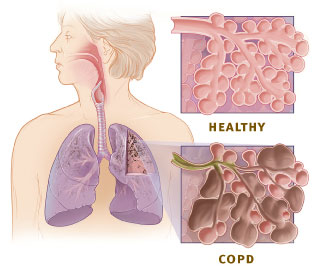1.To get protein ;
Egg is very good source of protein, but vegetarians should try to get the replacement from variety of plant foods. Sources of protein for vegetarians include;
Calcium is used for building bones and teeth. Some vegetarians consume dairy products, which are
excellent sources of calcium. Other sources of calcium for vegetarians include;
Many popular main dishes are or can be vegetarian—such as pasta primavera, pasta with marinara or pesto sauce, veggie pizza, vegetable lasagna, tofu-vegetable stir-fry and bean burritos.
4. Cookouts:
A variety of vegetarian products look—and may taste—like their non-vegetarian counterparts but are usually lower in saturated fat and contain no cholesterol.
Most restaurants can make vegetarian modifications to menu items by substituting meatless sauces or non- meat items, such as tofu and beans for meat, and adding vegetables or pasta in place of meat. Ask about available vegetarian options.
7. Getting vitamin B12:
Vitamin B12 is naturally found mostly in animal products. Vegetarians should choose fortified foods such as cereals or soy products, or take a vitamin B12 supplement if they do not consume any animal products. Check the Nutrition Facts label for vitamin B12 in fortified products.
Find a vegetarian pattern for you: go to www.dietaryguidelines.gov and check.
Egg is very good source of protein, but vegetarians should try to get the replacement from variety of plant foods. Sources of protein for vegetarians include;
- beans,
- peas,
- nuts and
- soy products (such as tofu, tempeh) and
- dairy products.
Calcium is used for building bones and teeth. Some vegetarians consume dairy products, which are
excellent sources of calcium. Other sources of calcium for vegetarians include;
- calcium-fortified soy-milk (soy beverage),
- tofu made with calcium sulfate,
- calcium-fortified breakfast cereals,
- orange juice, and
- some dark-green leafy vegetables (collard, turnip, and mustard greens; and bok choy).
Many popular main dishes are or can be vegetarian—such as pasta primavera, pasta with marinara or pesto sauce, veggie pizza, vegetable lasagna, tofu-vegetable stir-fry and bean burritos.
4. Cookouts:
- For barbecues, try veggie or soy burgers, soy hot dogs, marinated tofu or tempeh, and fruit kabobs.
- Grilled veggies are great, too! Beans and peas can be included because of their high nutrient content, consuming beans and peas is recommended for everyone, vegetarians and non-vegetarians alike. Enjoy some vegetarian chili, three bean salad, or split pea soup. Make a hummus- filled pita sandwich.
A variety of vegetarian products look—and may taste—like their non-vegetarian counterparts but are usually lower in saturated fat and contain no cholesterol.
- For breakfast, try soy-based sausage patties or links.
- For dinner, rather than hamburgers, try bean burgers or falafel (chickpea patties).
- Nuts make great snacks. Choose unsalted nuts as a snack and use them in salads or main dishes. Add almonds, walnuts, or pecans instead of cheese or meat to a green salad.
Most restaurants can make vegetarian modifications to menu items by substituting meatless sauces or non- meat items, such as tofu and beans for meat, and adding vegetables or pasta in place of meat. Ask about available vegetarian options.
7. Getting vitamin B12:
Vitamin B12 is naturally found mostly in animal products. Vegetarians should choose fortified foods such as cereals or soy products, or take a vitamin B12 supplement if they do not consume any animal products. Check the Nutrition Facts label for vitamin B12 in fortified products.
Find a vegetarian pattern for you: go to www.dietaryguidelines.gov and check.
...
Click here to Subscribe news feed from "Clinicianonnet; so that you do not miss out anything that can be valuable to you !!
...






